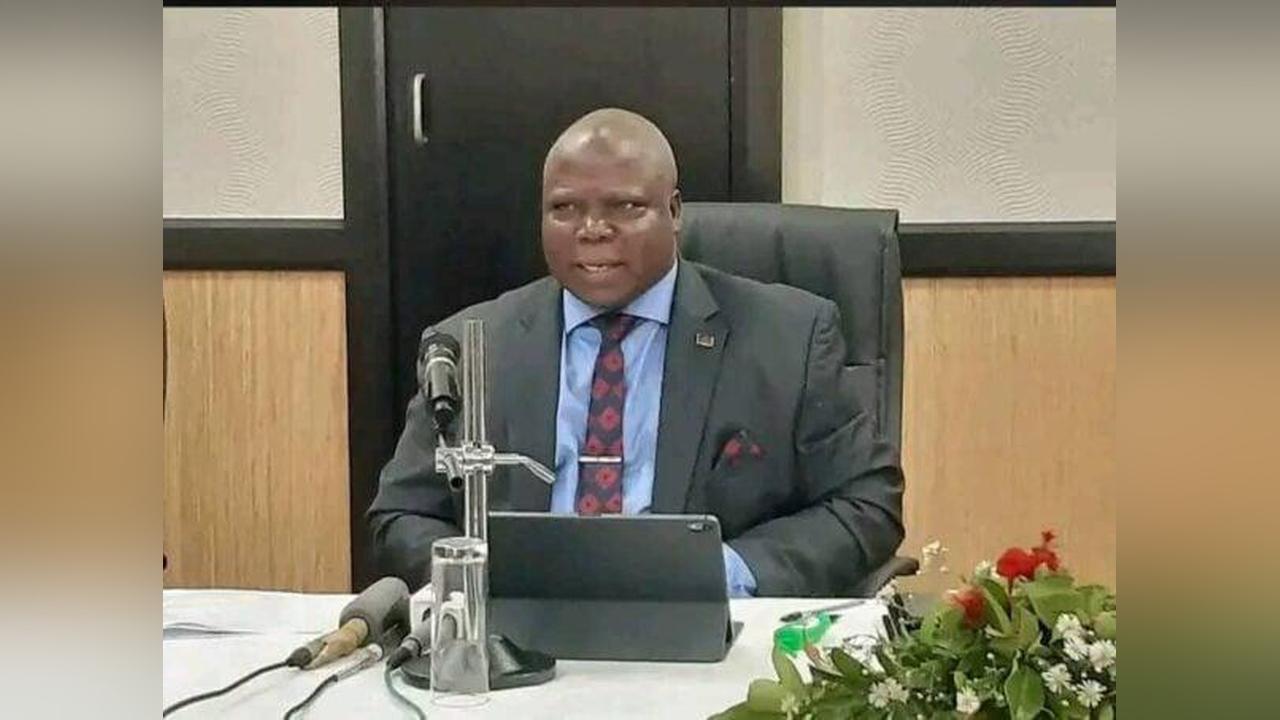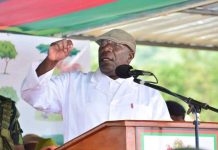Africa-Press – Malawi. Economists have welcomed Malawi Government’s latest austerity measures, saying they are a necessary step to control runaway public spending and protect the country’s fragile economy.
Bertha Bangara-Chikadza, president of the Economics Association of Malawi, described the suspension of recruitment and reduction of foreign travel as “the right austerity measure to control expenditure and the recurrent budget which has been growing over the years.” She added, “Suspending recruitment of extra people may stop the wage bill from increasing and give time to the government to make investments in other productive sectors and create more space for recruitment with available resources. However, implementation must not affect service delivery in critical sectors such as health and education.”
Economist Bond Mtembezeka said the measures, which include freezing staff recruitment, halting promotions without Treasury approval, and a moratorium on new government vehicles, “come at the right time” given rising public debt and inflation pressures. “Of course, priority should go to recruitment of key and strategic personnel,” he noted.
The government, through Chief Secretary Justin Saidi, unveiled a raft of measures to restore fiscal discipline for the remainder of the 2025/26 financial year. Fuel entitlements for ministers and senior officials have been cut by 30 percent, foreign trips require presidential approval, and meetings are now encouraged to take place virtually or within office premises to cut costs. Procurement will be strictly tied to quarterly Treasury allocations, and idle mining licences will be reviewed, while embassy staff numbers will be reduced.
Finance Minister Joseph Mwanamvekha stressed that the moves are designed to reduce expenditure and free up resources for development priorities. “Eventually, there will be huge cuts on our expenditure and also these are not the only measures as we are working on addressing both fiscal, monetary, and foreign exchange rate policies,” he said.
Malawi’s fiscal situation remains tense. Total public expenditure for 2025/26 is pegged at K8.1 trillion, compared to revenues and grants of K5.6 trillion, creating a K2.5 trillion deficit. Statutory payments—including wages, pensions, and debt servicing—absorb 89 percent of domestic revenue. Alarmingly, debt servicing now surpasses combined spending on education and health.
Bangara-Chikadza and Mtembezeka agree that while these cuts are necessary, careful implementation is crucial to avoid disruptions in essential public services. With past failures in fiscal discipline, including the loss of a $175 million IMF facility due to poor budget management, the government’s actions are being closely watched.
For More News And Analysis About Malawi Follow Africa-Press






